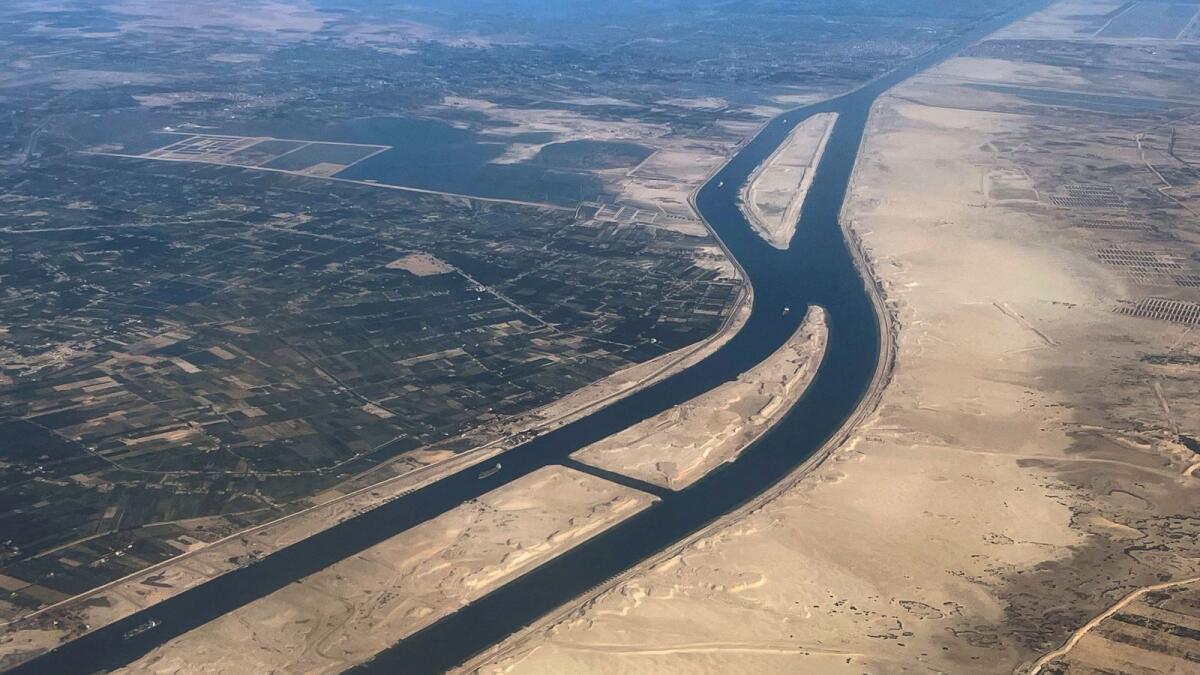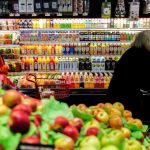The UAE is taking measures to secure the supply chain against disruptions, particularly in the Red Sea region. Hanan AlKhozaimi, Director of Competitiveness and Quality Marine at the Ministry of Energy and Infrastructure in the UAE, mentioned that policies and initiatives are being put in place to ensure food security and other aspects of the supply chain. Coordination with strategic partners in the government and private sectors is ongoing to establish new routes and maintain an unimpeded supply chain, especially following recent events in the Red Sea that impacted global trade.
Recent disruptions at key shipping routes, including the Suez Canal and the Panama Canal, have impacted global trade significantly. Attacks on vessels in the Red Sea and a severe drought at the Panama Canal have led to delays in maritime trade, affecting the flow of goods between Asia and Europe. The UAE is working towards securing alternative routes and measures to mitigate the impact of such disruptions on the supply chain, ensuring a strong and secure trade network for the region.
During a panel discussion at the 10th edition of the World Congress hosted by the World Free Zones Organisation, Hanan AlKhozaimi highlighted the Ministry of Energy and Infrastructure’s commitment to achieving a net zero goal by 2050. Efforts are being made to encourage the marine, land, and air sectors to transition to clean energy sources, such as hydrogen and other alternative fuels. Strategies are being developed to reduce carbon emissions globally and transition to sustainable and environmentally friendly fuel options to combat climate change and protect the planet.
The UAE’s focus on securing the supply chain and transitioning to clean energy aligns with global efforts to address climate change and promote sustainability. By working with public and private sector partners, the UAE aims to strengthen its trade network and reduce its carbon footprint, contributing to global initiatives for a cleaner, greener future. The country’s initiatives and policies in ensuring food security and supply chain resilience demonstrate its proactive approach to addressing challenges and adapting to changing global trade dynamics.
As disruptions at critical shipping routes continue to impact global trade, the importance of securing alternative routes and implementing sustainable practices becomes increasingly vital. The UAE’s efforts to establish new trade routes and transition to clean energy sources showcase its commitment to innovation and sustainability in the face of challenges. By investing in greener technologies and collaborating with strategic partners, the UAE aims to build a resilient supply chain that can withstand disruptions and contribute to a more sustainable future for the region and beyond.
In conclusion, the UAE’s proactive approach in securing the supply chain, transitioning to clean energy, and promoting sustainability reflects its commitment to addressing global challenges and driving positive change. By working collaboratively with public and private sector partners, the UAE is positioning itself as a leader in sustainable development and trade resilience, setting an example for other nations to follow. With a focus on innovation, efficiency, and environmental responsibility, the UAE is paving the way towards a more sustainable and secure future for trade and commerce in the region.


























